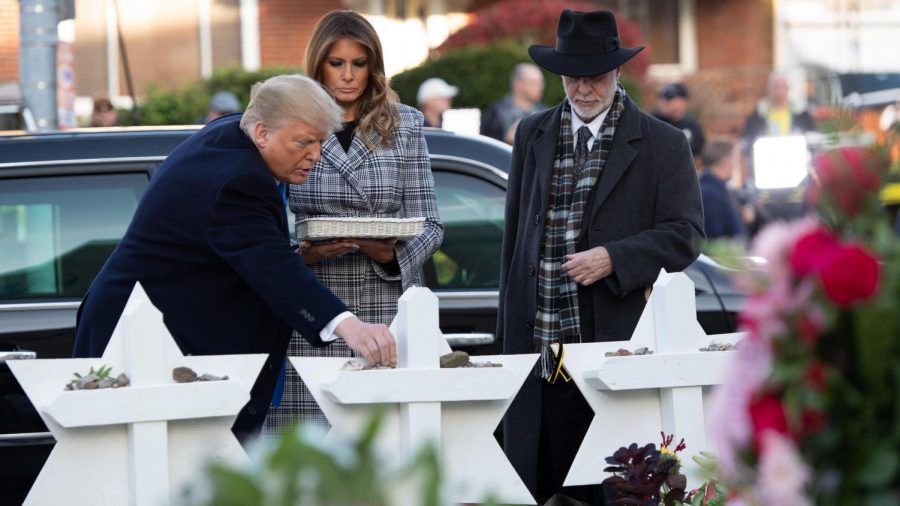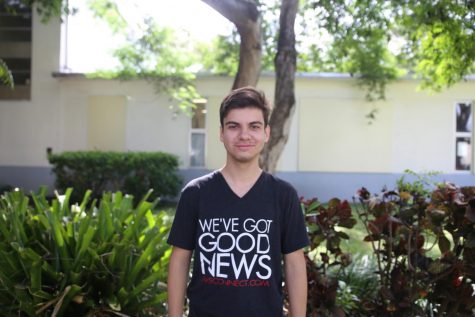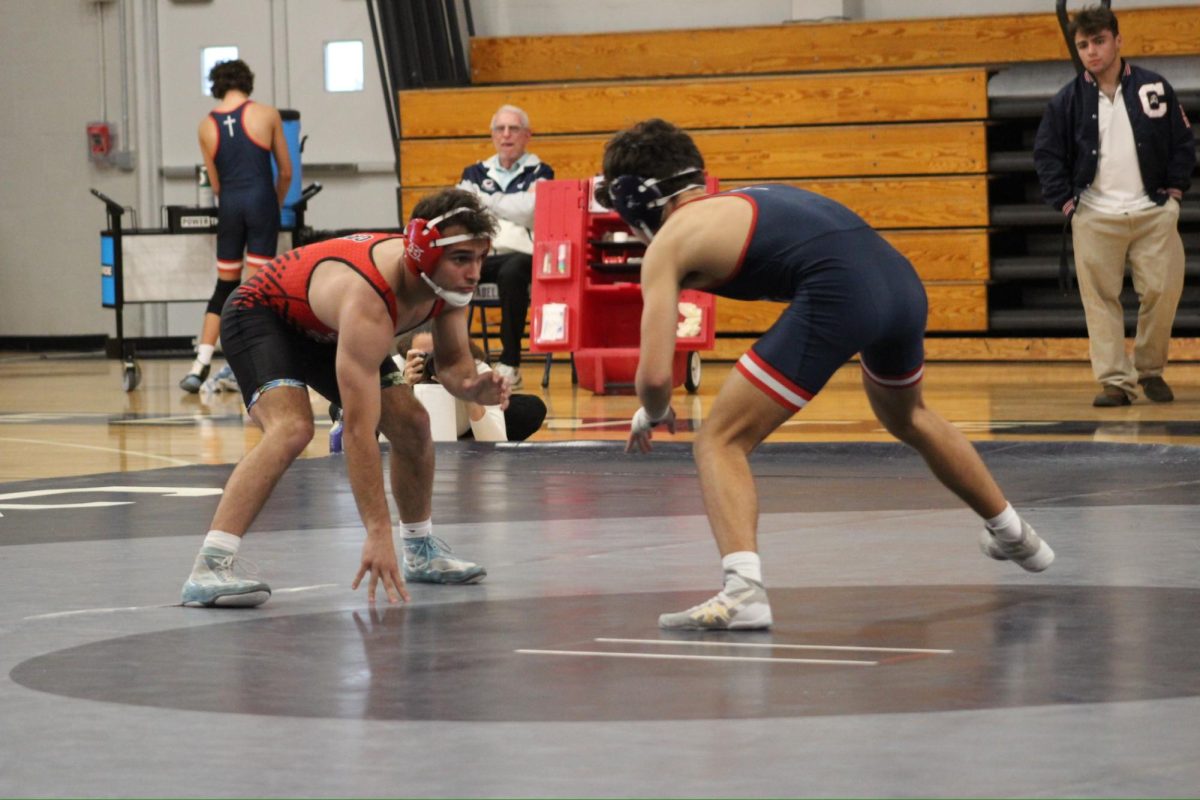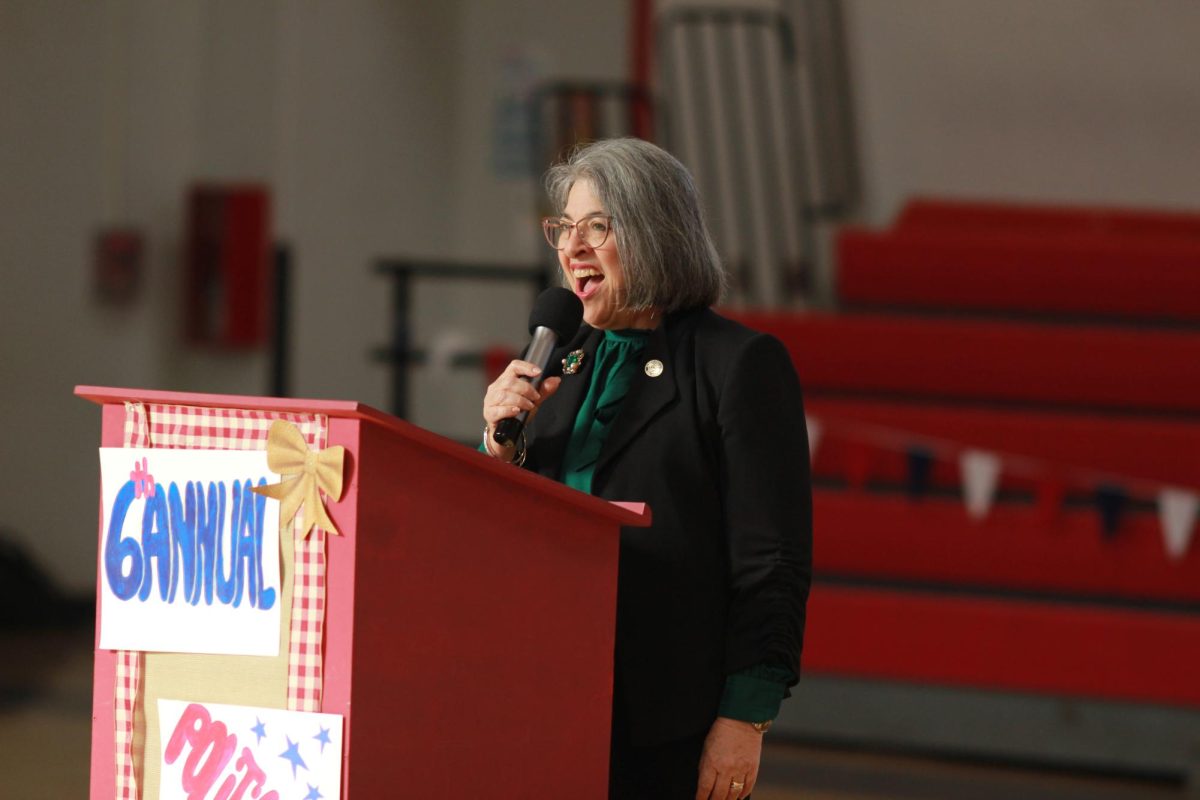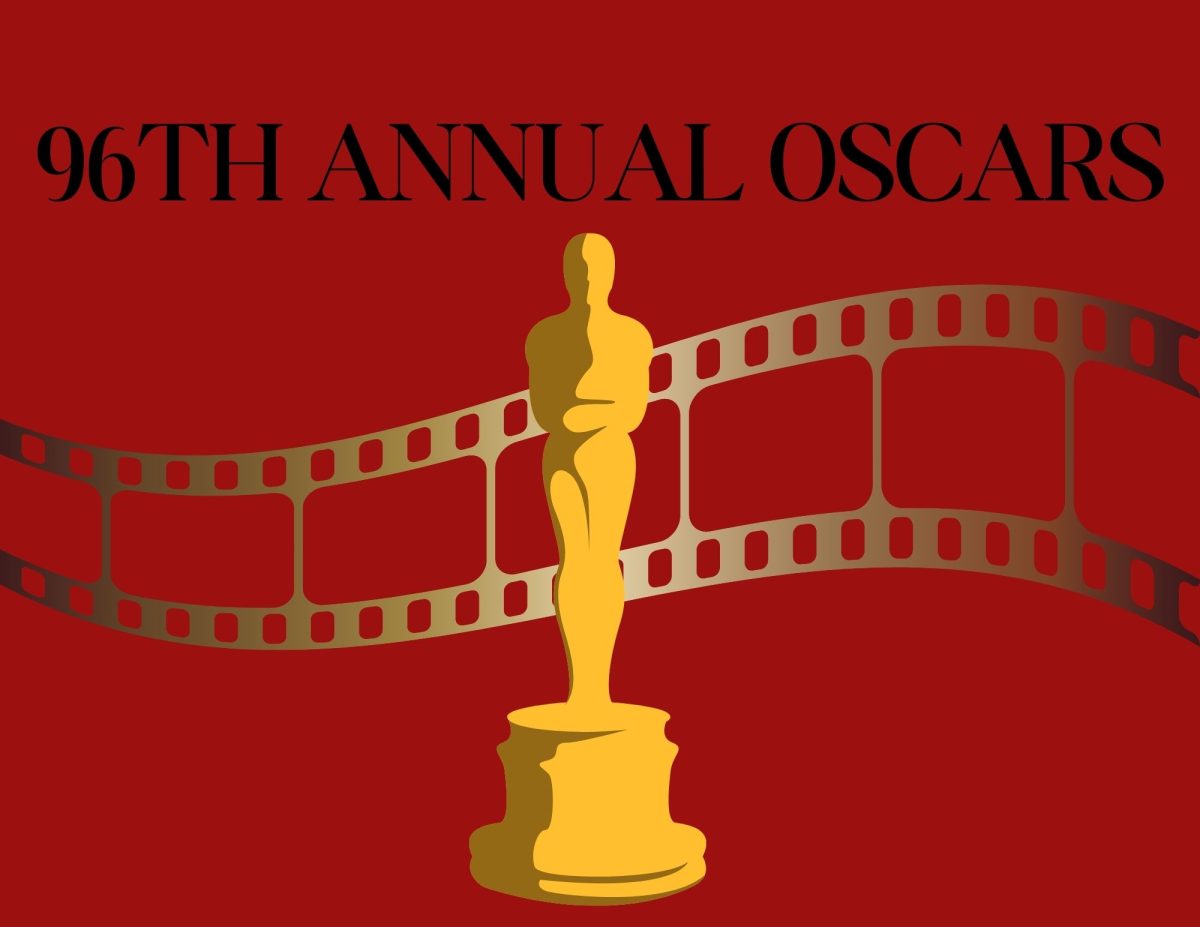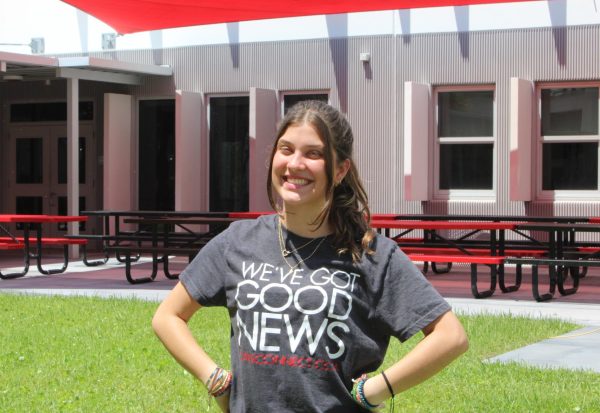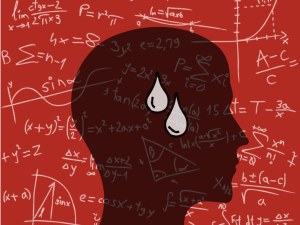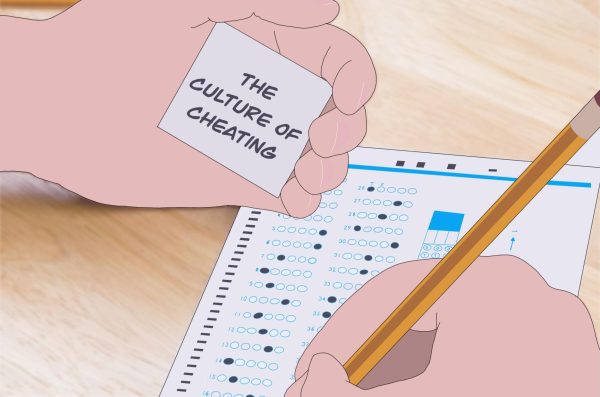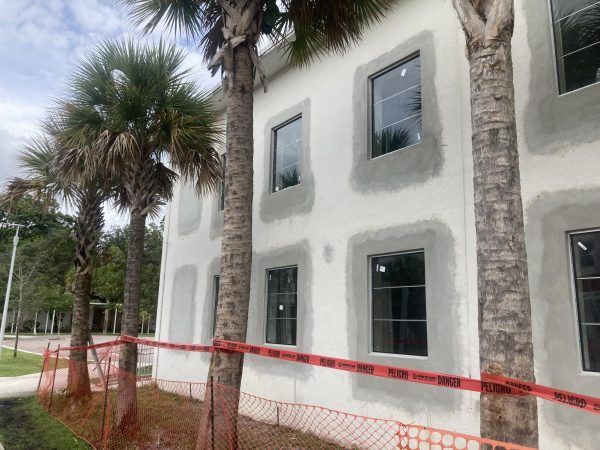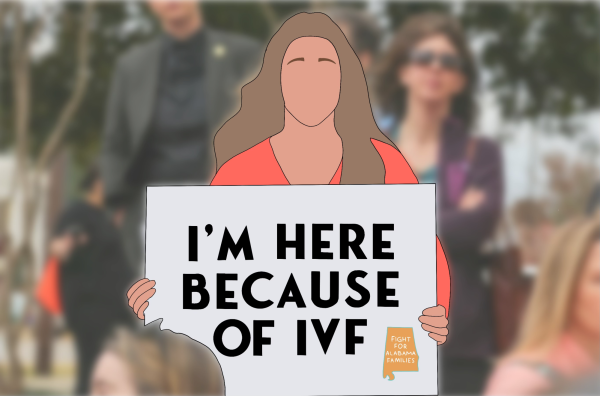Assigning Blame
President Donald Trump and First Lady Melania Trump pay respects at the Tree of Life memorial.
Nov 5, 2018
There may not be a single event that can fundamentally rock a nation to the extent an act of terror can. Instances like the shooting at the Tree of Life Synagogue force the public to look amongst their own for answers to the multitude of questions that arise from such heinous acts. The motives for an attack are often easy to identify, but the target is rarely understood and internalized by a grieving society. If we focus solely on this latest tragedy and analyze the public’s reaction, it paints a picture of a deeply polarized nation that is unable to come together, even in times of crisis. Without taking away from the obvious gravity of terrorism, the public outcry and media coverage has become one massive, partisan blame game.
The blame for an act of terror must be placed squarely on the terrorist, regardless of outside influences and motivations. Even this awfully simple and rather harmless statement has been blurred in recent times. Society no longer knows when to place the brunt of the blame on a terrorist, or when to attack a party removed from the act solely because the terrorist identified with their ideology. Yes, radical hate speech that incites violence can serve as a clear motivation for an attack, but this should not take away from the fact that the terrorist took action, while others listening to the same speech may have not. Blame should be assigned to the purveyor of the hate speech for spreading bigotry and violence, but as a general rule, with entirely plausible exceptions, not for the attack itself. Then, in a painfully large grey area, lies speech that does not incite violence and has no intention of doing so, but is taken to an extreme by a terrorist. Here finds himself, President Donald Trump, whether he is aware of it or not. President Trump has often identified himself as a nationalist, and his speech can be seen as a direct correlate to much of the violence displayed between the many ideological factions in the nation. The alleged gunman in the Tree of Life Synagogue shooting had a documented history of anti-semitic comments, and just one week ago, a radical Trump supporter sent mail bombs to targets of President Trump’s ire. Does this mean the President of the United States should shoulder the blame for an act of terror?

I do not think President Trump is directly at fault for inciting the attack, but his rhetoric at a time of such tension is irresponsible to say the least.
— Senior Max Rego
While I do not think that a person with ideas as far reaching as President Trump should be responsible for the actions of a terrorist taking a radical view on his speeches, the President is certainly not doing much to help discourage such acts. A president should serve as a unifying figure in times of national polarization and deep ideological divide, as a means to stabilize society and prevent violence from stemming from a said division. Trump has done little in his time as president to unify the country, but he has done plenty to divide it.
“Trump has been anything but a symbol of unity for the United States, and this deep division has led to a lot of politically driven violence,” senior Angelle Garcia said.
While this should not be equated with any sort of direct responsibility for the act of terror at the synagogue, one cannot help but wonder if this tragedy would still have occurred had President Trump taken steps to tone down a divisive rhetoric. It is pure speculation to land on any side of this hypothetical, but if a hypothetical like this is posted in the first place, the country must not be in the best of situations.
President Obama’s tenure was not absent of domestic terrorism, having steered the nation in the aftermath of the Charleston church shooting. Blame was not readily placed on the president in 2015, as many saw the shooting of an African-American church as an extreme response by a white supremacist to seeing an African-American in the Oval Office. This goes to show that the blame being placed on President Trump after the most recent domestic act of terror, although misplaced, is not a result of his position as President, rather his actions as the leader of a country. While Obama may have planted the seeds for the polarization we see now, intentionally or not, the former president was adept at responding to tragedy with a call for unity and did his best to prevent a full-blown ideological civil war. President Trump, on the other hand, seems to be largely oblivious to the dangers of the polarization of American society. Again, however naive President Trump may appear to do not mean that the blame for a terrorist act to which he was completely detached should land on his plate. Terrorists must be held accountable for their actions in the court of public opinion and any trend which shifts blame onto others, especially one as fundamentally vital to the nation as the President, figures to be dangerous and irresponsible.


